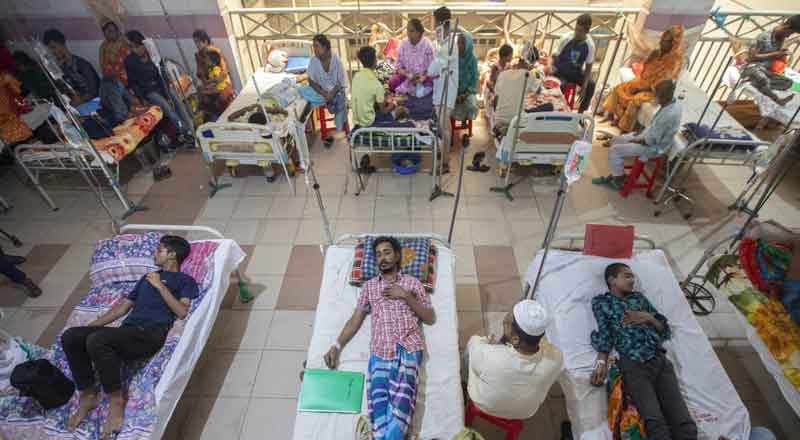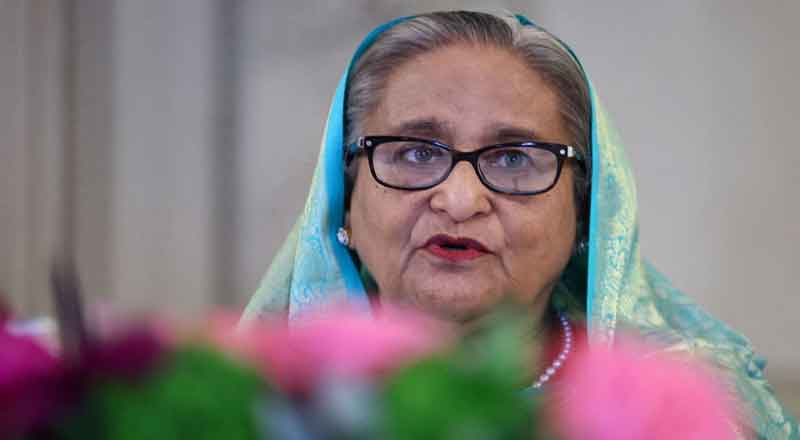- Bangladesh is struggling to deal with higher casualties and infections from dengue this year.
- Bangladesh health agency said over 2 lakh cases have been registered this year.
- It is marking the worst outbreak on record. Among those who died in the outbreak, over 100 children have lost their lives.
- The health agency report claimed at least 281 people died whereas over 1,000 people lost their lives in just nine months.
- According to the World Health Organisation, dengue, or break-bone fever, is a viral infection that spreads from mosquitoes to people.
Bangladesh, which has been facing the burnt of dengue for the past nine months, has lost more than 1,000 people, according to local media reports. According to figures released by the Bangladesh Directorate General of Health Services on Monday, it said at least 1,017 people have died since January this year.
The release said over 2 lakh cases have been registered– thus marking the worst outbreak on record. Among those who died in the outbreak, over 100 children have lost their lives. This resulted in a massive crowd in hospitals and small medical centers.
As per the earlier records, this year, it reported a jump of almost four times. In 2022, the health agency report claimed at least 281 people died whereas over 1,000 people lost their lives in just nine months. According to Bangladesh health authorities, more than 79,600 cases were reported, with 396 deaths registered in September alone.
According to the World Health Organisation, dengue, or break-bone fever, is a viral infection that spreads from mosquitoes to people. It is more common in tropical and subtropical climates. Most people who get dengue won’t have symptoms. But for those that do, the most common symptoms are high fever, headache, body aches, nausea, and rash. Most will also get better in 1–2 weeks. Some people develop severe dengue and need care in a hospital. In severe cases, dengue can be fatal.
Most people with dengue have mild or no symptoms and will get better in 1–2 weeks. Rarely, dengue can be severe and lead to death. If symptoms occur, they usually begin 4–10 days after infection and last for 2–7 days. Symptoms may include:
- high fever (40°C/104°F)
- severe headache
- pain behind the eyes
- muscle and joint pains
- nausea
- vomiting
- swollen glands
- rash.
As per WHO, most cases of dengue fever can be treated at home with pain medicine but preventing mosquito bites is the best way to avoid getting dengue. Although there is no specific treatment for dengue. The focus is on treating pain symptoms. Acetaminophen (paracetamol) is often used to control pain. For people with severe dengue, hospitalization is often needed.
According to the World Health Agency, the viral infection has grown dramatically around the world in recent decades, with cases reported to WHO increased from 5,05,430 cases in 2000 to 5.2 million in 2019.
The disease is now endemic in more than 100 countries in the WHO Regions of Africa, the Americas, the Eastern Mediterranean, Southeast Asia, and the Western Pacific. The Americas, Southeast Asia, and Western Pacific regions are the most seriously affected, with Asia representing around 70% of the global disease burden.
(With inputs from agencies)





